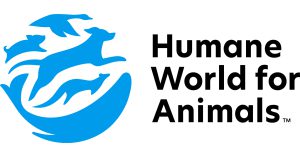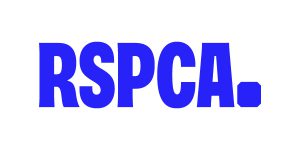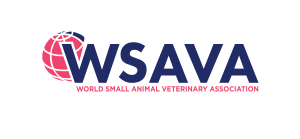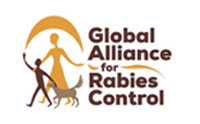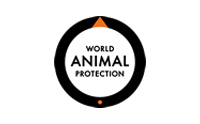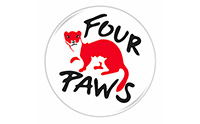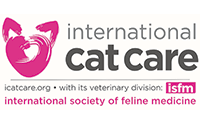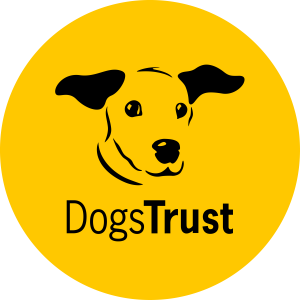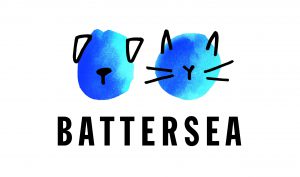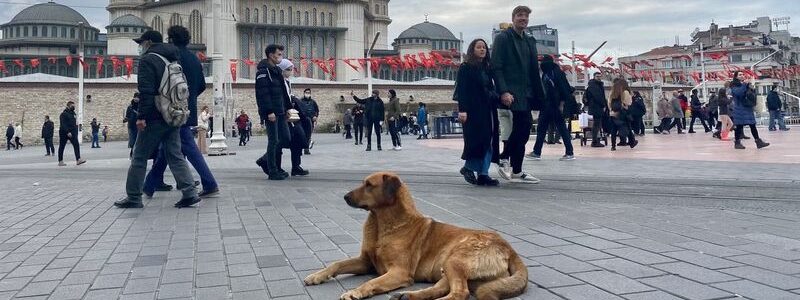
May 2025
On 7 May 2025, Türkiye’s Constitutional Court upheld new laws on managing free-roaming dogs. The Court rejected a petition from the opposition Republican People’s Party (CHP) that sought to annul nearly all the legislation. All provisions will remain in force.
ICAM recognises the valid public safety concerns about free-roaming dogs. A response is clearly needed. However, decades of worldwide evidence, including from select locations within Turkey, shows that humane dog population management (DPM) is the only effective, sustainable, and ethical way to reduce risks and improve outcomes for both people and dogs.
The new law requires municipalities to capture, vaccinate, neuter and place dogs in shelters for adoption. But this shelter-focused approach has serious limitations. Shelters quickly reach capacity. Unless local authorities are willing to enter a perpetual cycle of building and running more and more shelters, dogs left on the street continue to reproduce without proper CNVR management, remaining outside the system because existing facilities simply cannot cope with the numbers. This fuels public frustration with a costly system that cannot succeed at scale. Without a more comprehensive strategy, there is a serious risk that local authorities may resort to culling healthy dogs on the streets and in over-burdened shelters.
Culling is not only inhumane – it’s ineffective. It targets the visible symptom – dogs on streets or unadopted sheltered dogs– while ignoring root causes like uncontrolled commercial breeding, abandonment, unmanaged reproduction of free roaming dogs on the streets, and lack of access to affordable neutering services for dog owners. Where culling has been tried, problems either persist or quickly return; a discussion of the evidence of why culling fails is available here.
In contrast, well-designed, properly funded DPM systems, including CNVR (Catch–Neuter–Vaccinate–Return) interventions to manage free-roaming dogs in situ, deliver better and sustainable results. This approach includes promoting responsible ownership, providing affordable veterinary care, building professional capacity and engaging communities. It works by changing the dog population dynamics themselves – addressing the root causes of why dogs end up on the streets rather than just the symptoms. When properly resourced, cities worldwide have succeeded with the DPM approach, creating safer environments for both residents and animals. The Positive Cities initiative, coordinated by ICAM, showcases these successful examples through a pledge that commits participating municipalities to implementing evidence-based strategies across key areas including public health, quality of life, animal welfare, community engagement, and clear governance structures – all supported by proper resource allocation and local partnerships.
Before this legislation, Türkiye already had a national CNVR policy on paper for twenty years. It was implemented with great success in some municipalities. Leading to reductions in stray dog numbers, healthier dog populations and increased human-animal bonds, therefore fewer complaints and dog-bite incidents in those municipalities that invested in CNVR.
However, it lacked adequate funding, implementation, and enforcement nationally, so its potential was never fully realised. ICAM believes Türkiye has yet to create the conditions needed for humane dog population management to thrive nationally. We therefore encourage the government to commit to fully funding and supporting CNVR as part of a comprehensive, well-regulated DPM system – one that includes clear enforcement mechanisms and long-term investment in public education, veterinary capacity, and community engagement.
ICAM continues to offer practical support, expert guidance, and evidence-based advice for those implementing humane and effective dog population management (for example, our free e-learning courses). We make this commitment recognising the deep compassion many people in Türkiye show towards dogs and cats in their communities – a powerful foundation for a successful, humane approach.
END

